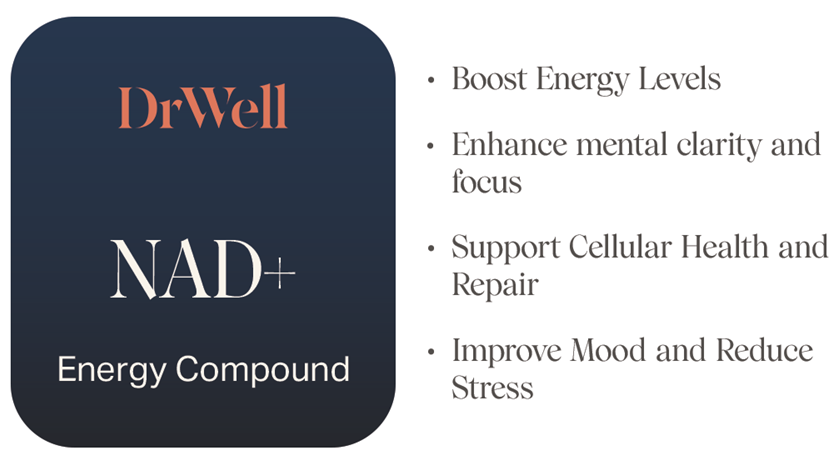
Does higher price in healthcare equal better quality? Sometimes it does. Sometimes it doesn’t. Healthcare, as in many other cases, doesn’t have a straightforward answer in this regard. Similar questions about price and quality apply to cars, clothing or accessories and those can provide an excellent analogy to healthcare.
Price, quality and healthcare
For example, a Prada purse is more expensive and you’re certainly paying more for the name, but most would argue that the quality of the product is definitely better. This example can apply to healthcare. In the case of a car, whether you buy a Ford truck from the dealer in your city versus one out in the country, it’s the same Ford truck. And this example also applies to healthcare.
Going with the Prada analogy, your friendly neighborhood plastic surgeon or heart surgeon is the Prada handbag. Rather than hand-made of the finest leather, your surgeon’s quality comes from excellent training, years of experience and a great team around that surgeon. Don’t believe me, this post discusses how a study out of Harvard shows that a heart surgeon that works consistently with the same team has better patient outcomes.
When higher price does reflect better quality
So in the case of the plastic surgeon, that doctor with more experience will probably charge more because they’re busy, more sought after and with greater demand, the price increases. Therefore you can argue that a more experienced plastic surgery that charges more provides a better quality product. But in the case of the heart surgeon, your Medicare insurance covers the cost of the operation so your out-of-pocket expense is zero, meaning that you get a great deal for this outstanding surgeon. My point is that the Prada analogy doesn’t work well in the heart surgeon example but in some aspects of healthcare, there’s definitely a connection between higher cost and higher quality (i.e. the plastic surgeon).
When higher price has no relation to quality
Now let’s highlight the idea of a commodity with the Ford truck example. While there may be some confusion as to the definition of a commodity, it refers to something that is the same quality no matter where you buy it from and no matter how much it costs. Enter, the radiology facility. Whether you get a chest X-ray from Hospital A (more expensive) or Outpatient Facility B (less expensive), it’s the same X-ray. It’s probably even reviewed by the same group of radiologists. And since a chest X-ray is less than your deductible, you’ll probably be paying out of pocket for it. As an out-of-pocket expense, you’re more price sensitive so you’ll want to know if the more expensive chest X-ray is of better quality or whether you should pay for the less expensive chest X-ray at the outpatient facility. As you may have guessed, since we’re using the Ford truck analogy, the chest X-ray, like the Ford truck, is the same no matter where you buy it from so you might as well buy it where it’s less expensive!
In summary, higher price in healthcare can mean higher quality when a procedure or service is very operator dependent, as in the case of a plastic surgeon. However, you’re protected from those higher prices if the service is fully covered by your insurance. In the case of a commodity like a lab test or X-ray, there’s no need to pay more for the same quality.
Hope this little economic-healthcare-price-quality primer helped!
To check your out-of-pocket costs on healthcare services, click here.



